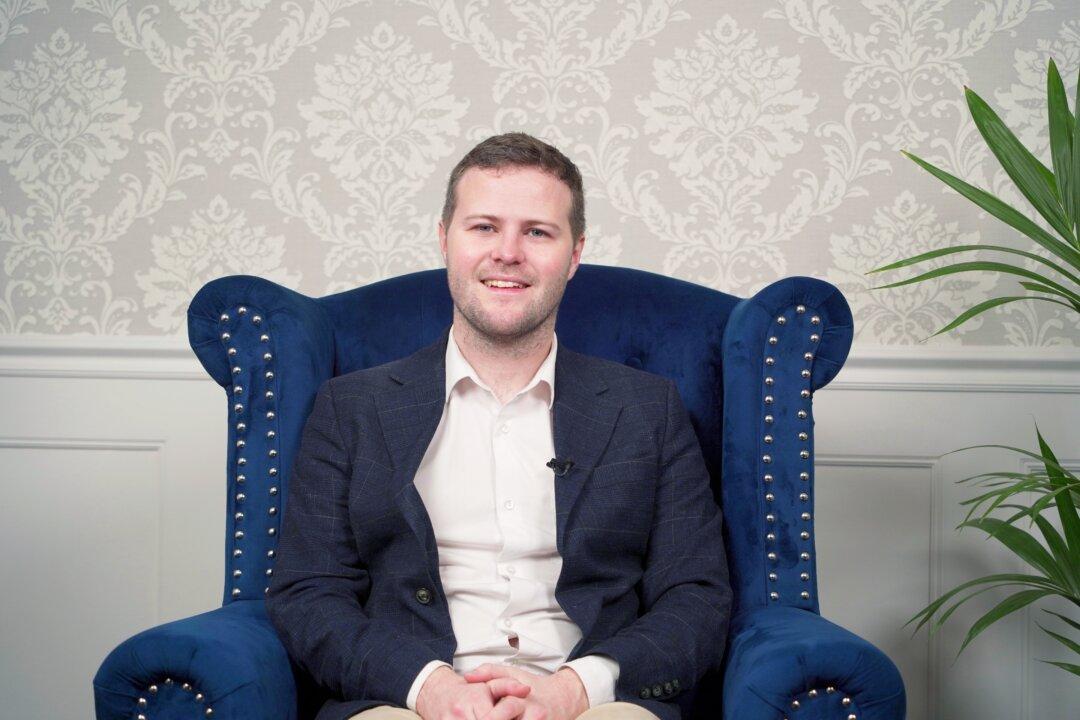Liberalised abortion laws have left women with more responsibility, more trauma, and more poverty, and it doesn’t reduce deaths from unsafe abortions, according to Dr. Calum Miller, a medical doctor, philosopher, and abortion researcher.
Speaking to NTD’s “British Thought Leaders” programme, Dr. Miller also argued the vast majority of abortion is unethical as the practice is an active choice to end a human life.






